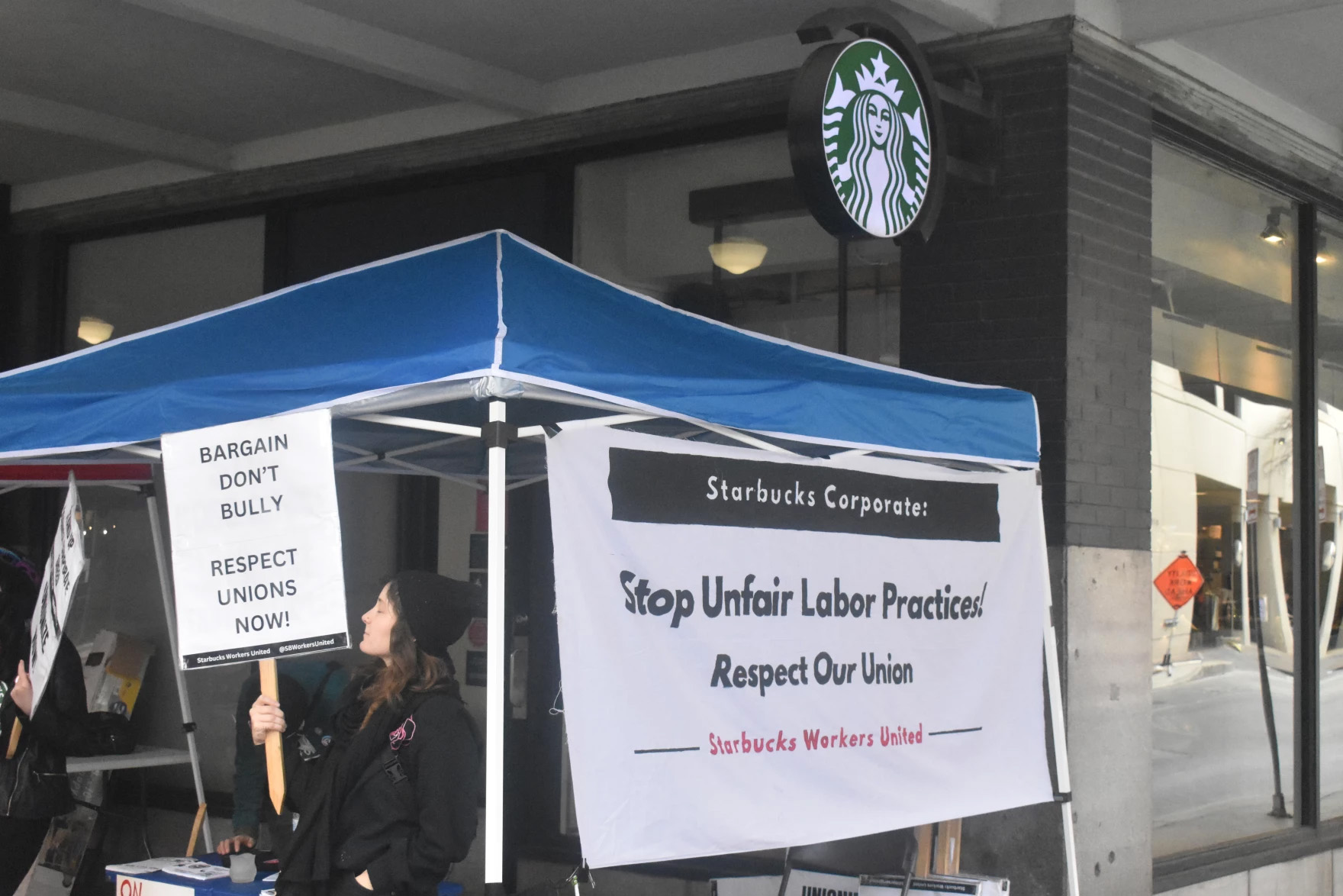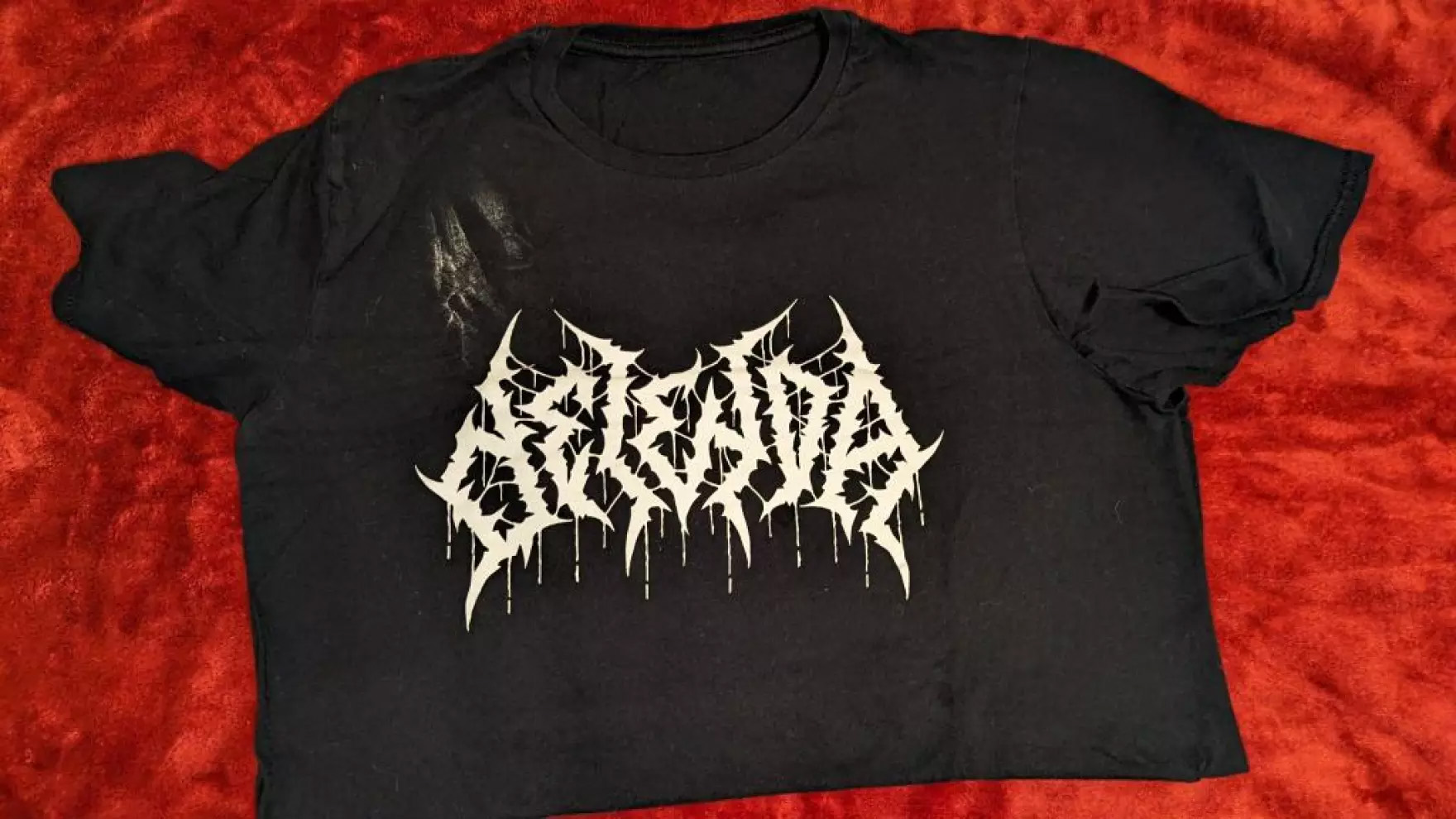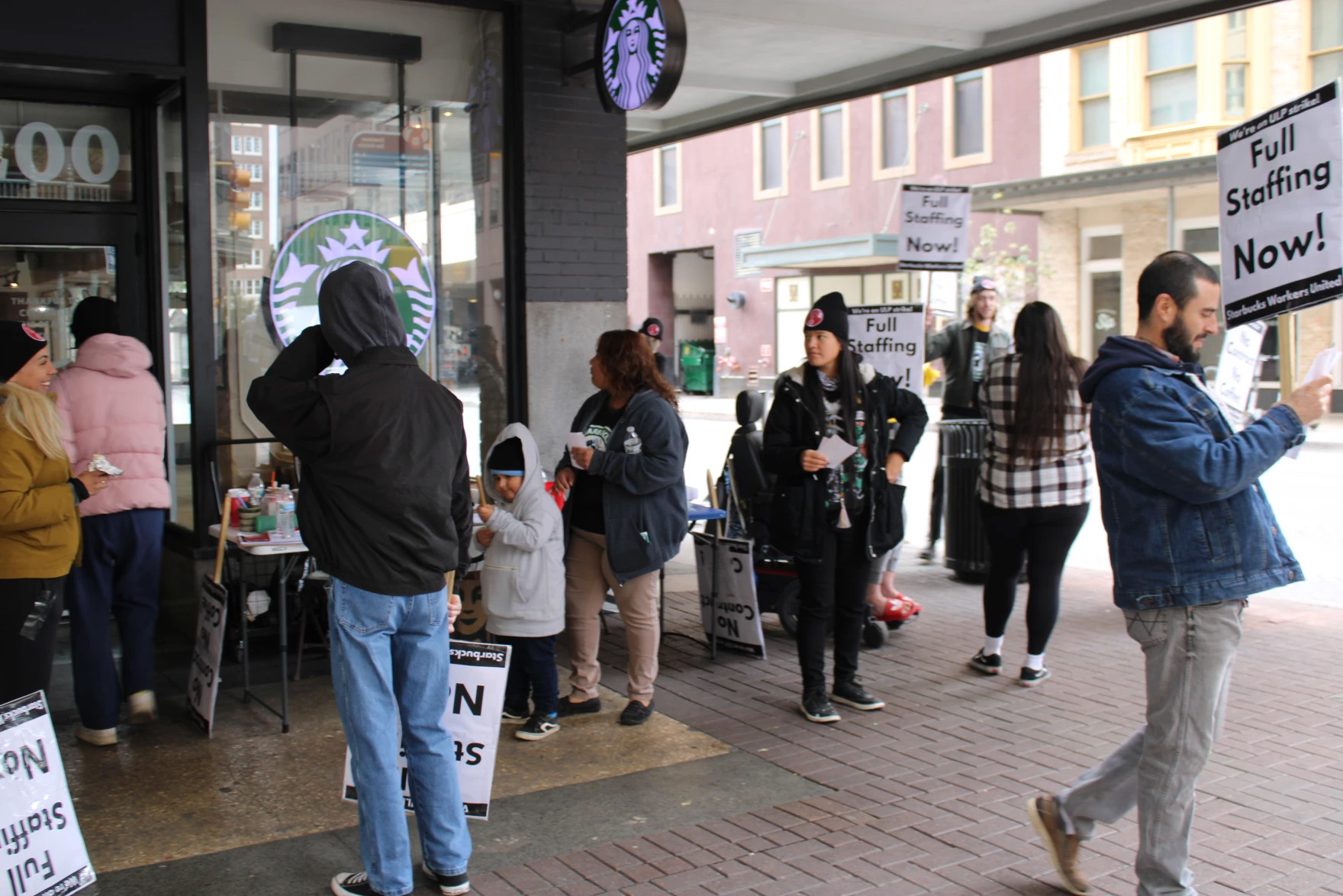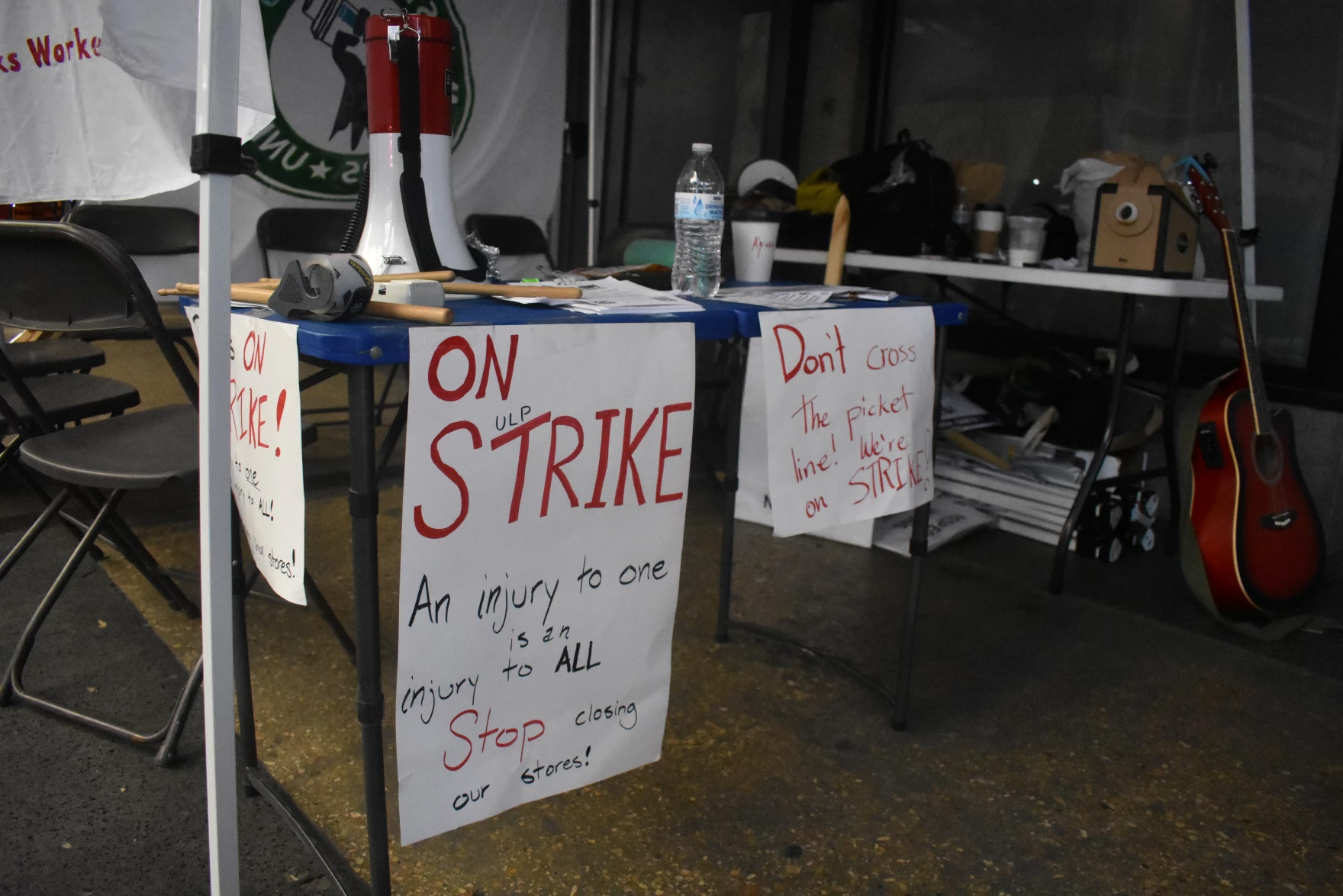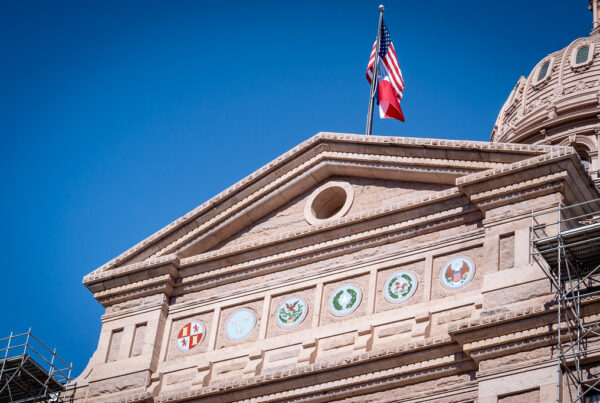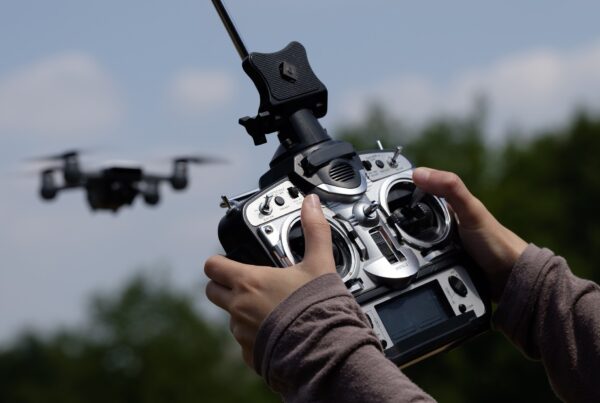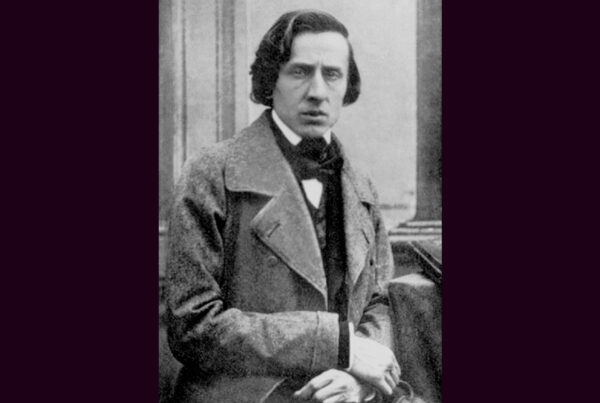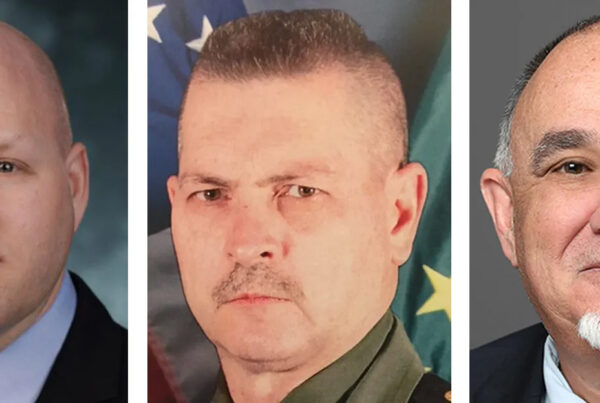From Texas Public Radio:
Workers at six Starbucks stores in the San Antonio area have unionized in the past 18 months. Now, workers at three of those stores say management has unlawfully tightened discipline, added new policies without bargaining, and escalated retaliatory action against workers — including calling the cops on workers out of dress code.
Dominique Renteria works at the Starbucks on East Houston Street and North Saint Mary’s Street, and is an active member of the union there. They were scheduled to start work at the downtown store at 6 a.m. on January 19, but when they woke up to get ready for the shift, they knew there would be trouble.
“I woke up to the other partner Juan saying they were told to clock out because their hat was out of dress code, so immediately I had to just be on the defensive and kind of like, prepare,” Renteria said.
Renteria said they decided to wear a shirt with the name of a local artist, which they had worn before without issue. But when they got to the store, their manager prevented them from clocking in for the same reason. Renteria and their coworker stood their ground, waiting in the lobby of the store after arguing with their manager, who said she was going to “follow the disruptive policy” because they were refusing to leave.
Renteria said at the time that they didn’t realize what their manager meant by “disruptive policy.”


